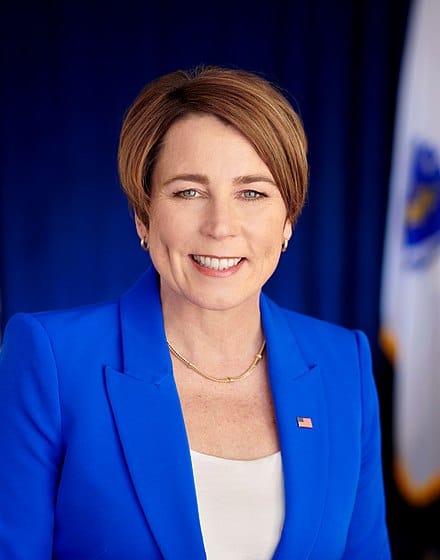Medford schools double down on DEI, gender language support
While the federal government is working hard to dismantle DEI, (Diversity, Equity & Inclusion) programs and practices, the Medford School Department is doubling down on efforts to retain it.
While the federal government is working hard to dismantle DEI, (Diversity, Equity & Inclusion) programs and practices, the Medford School Department is doubling down on efforts to retain it.
The School Committee voted Feb. 26 to adopt two resolutions that reaffirm the school’s “unwavering commitment” to DEI and continuing all activities and initiatives “to ensure a health and welcoming school environment for our queer, questioning, and gender non-conforming community members in and beyond the classroom.”
“This is on the agenda in part in response to concerns from students, teachers, some student’s families wondering whether things like our GSA (Gay Straight Alliance) and respectful pronoun use and language in academic and administrative forums and protections from bullying and harassment are going away in light of the political climate,” said School Committee member Erika Reinfeld. “I just want to say no, they’re not.”
Reinfeld said while Interim Superintendent Dr. Suzanne Galusi and the acting Commissioner of Education for the Bay State have already sent out guidance that echos the resolutions, Reinfeld and her colleague Aaron Olapade simply wanted to draw a line publicly about where the schools stand and that is firmly in support of all students and staff.
She said they also separated out sexual orientation from gender identity because they felt there were different risks and vulnerabilities that come with each identity and that was worth noting.
“But ultimately this is about belonging,” Reinfeld said. “Great learning does not happen unless people feel safe, and safety requires a sense of belonging.”


School Committee members Erika Reinfeld, left, and Aaron Olapade said they wanted to draw a line publicly about where the schools stand on DEI and that is firmly in support of all students and staff. GOTTA KNOW MEDFORD STAFF PHOTOS/CHRIS STEVENS
Olapade agreed. He said there is rhetoric coming from the federal government that is “misaligned” with what the Medford School District has committed to and said the two resolutions reinforce policy already in place.
“These things are already instituted, and we want to re-communicate that to the district and the greater community … that we want all people to feel comfortable and included regardless of their characteristic or their lived experience,” he said.
Galusi said she was glad both Reindeld and Olapade keyed in on belonging. She also said it is critical for students to feel safe in order to learn.
“And it is at the core of our values and beliefs that students come to the door and they feel seen, heard, valued and welcomed,” she added. “That also includes our staff.
Further validation
Medford’s action fall right in line with Gov. Maura Healey, who on the same day, issued joint guidance, “to clarify the legal landscape for the Commonwealth’s Institutions of Higher Education (IHEs) and K-12 schools as they work to advance educational goals and access to educational opportunities.”
Other departments that signed onto the multi-page memo include Attorney General Andrea Campbell, the Executive Office of Education, Department of Higher Education, and Department of Elementary and Secondary Education.
“Educational institutions should continue to foster diversity, equity, inclusion, and accessibility among their student bodies,” stated Healey.

Healey’s guidance memo was issued in response to what she calls the “Dear Colleague” letter sent by the U.S. Department of Education in regards to the recent Executive Orders targeting diversity, equity, inclusion, and accessibility policies and programming in schools.
“To be clear, nothing in the letter changes existing law and well-established legal principles that encourage – and even require – schools to promote educational opportunity for students of all backgrounds,” she wrote.
Healey goes on to point out a number of ways the letter “misconstrues” and “incorrectly suggests” a number of court rulings and policies regarding DEI.
The memo states the Dear Colleague letter mischaracterizes DEI programs, stating they often give preference to certain racial groups and stigmatize students who belong to particular racial groups based on crude racial stereotypes.
“On the contrary, practices and programming that promote diversity, equity, inclusion, and accessibility confer important educational and social benefits for students,” Healey stated. “They foster learning environments that provide all students an equal opportunity to learn and better prepare students to work in our diverse country and participate in our multiracial democracy. They are essential to promoting fair treatment and eliminating stigmatization.”
Read the entire document along with it’s guidance, suggestions, practices and policies here.





